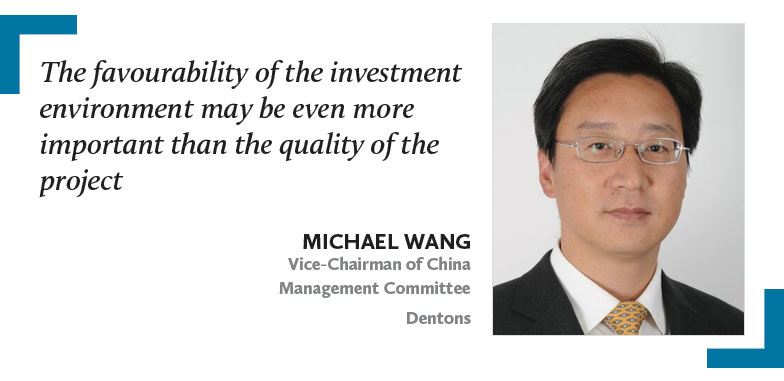High-flying outbound investors are encountering severe turbulence that threatens to throw their best opportunities into a tailspin, writes Richard Li
Chinese investors looking abroad have been flying into rough weather of late. While the central government has been making encouraging noises about outbound investment in recent years, it has also considerably beefed up its oversight of specific areas and investment transactions.
And while flying into overseas company acquisitions should be simple, European and American regulators are buffeting investors with more stringent reviews of domestic investments by foreign investors. Prevailing winds have blown many a would-be Chinese investor off course.
Even as the Belt and Road Initiative provides a global runway for overseas investment opportunities, Chinese enterprises face greater challenges, all of which will require much more thorough preparations.
“If the understanding of the laws and regulations of a target investment country is insufficient, or if the preliminary preparatory and pre-planning work on a project is insufficient, this will affect the entire schedule for the project, and the investment success rate,” warns Zhang Yi, chairman of the China management committee at King & Wood Mallesons.
He says that such things as a competitive bid or a revision in relevant policies of the target investment country could occur during the course of the project, and the response to, and resolution of, such an issue requires an experienced legal team that can not only offer professional support, but also have a good knowledge of local politics, culture and commercial practices. Anti-monopoly, intellectual property and other such multi-layered legal issues require seamless preparation and response by domestic Chinese lawyers leading local lawyers in a target investment country.
Michael Wang, vice-chairman of the China management committee at Dentons, says that to assist a client in carrying out an outbound investment transaction, it is necessary to construct an overall risk prevention system. For example, first conduct detailed research on the foreign investor access system, company law framework, tax regime, labour law system, environmental protection requirements, exchange control requirements, etc., of the country where the acquisition target is located. “Second, an investigation of the investee entity or target assets needs to be conducted to confirm the legal qualifications and compliance of the future partner and investee entity, and whether there are any defects in the target equity or target assets,” he says.
You must be a
subscribersubscribersubscribersubscriber
to read this content, please
subscribesubscribesubscribesubscribe
today.
For group subscribers, please click here to access.
Interested in group subscription? Please contact us.






























